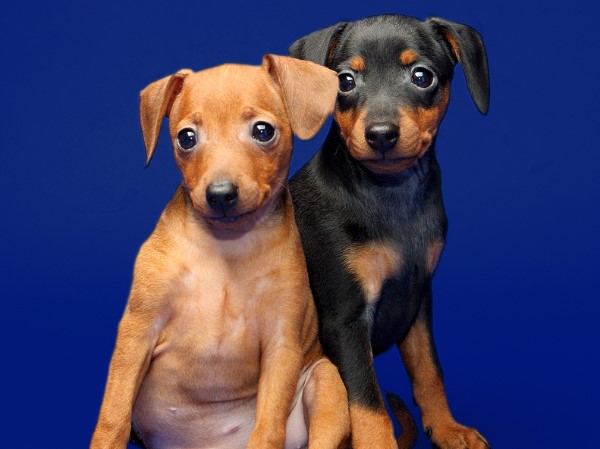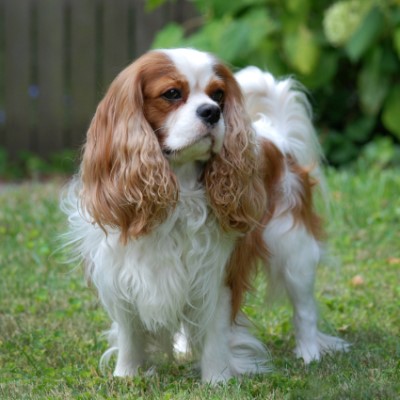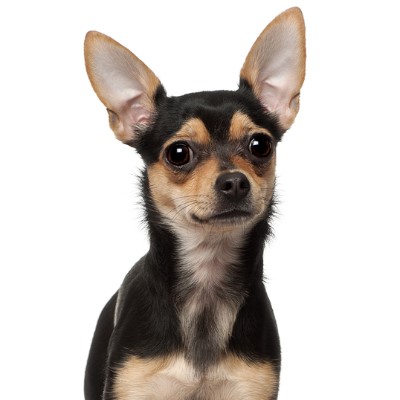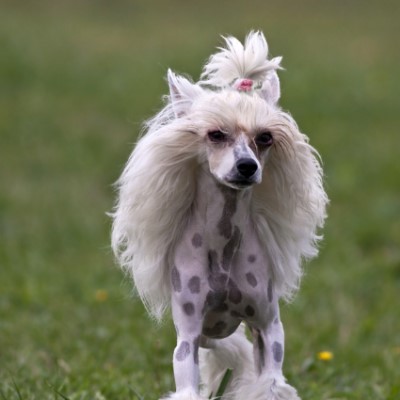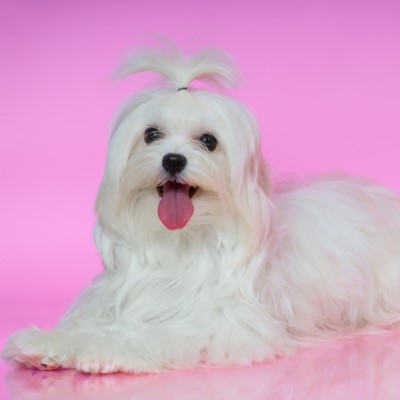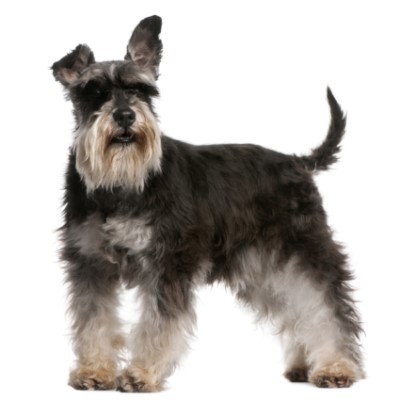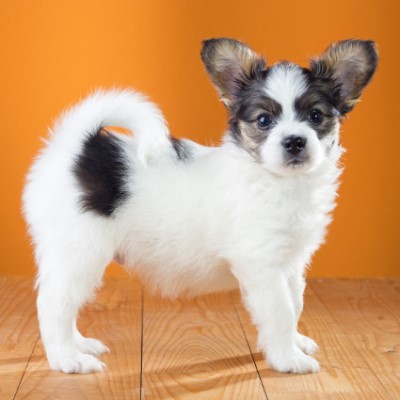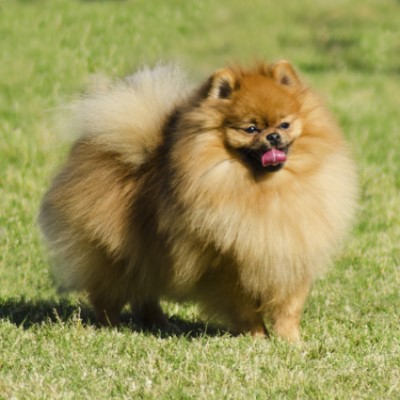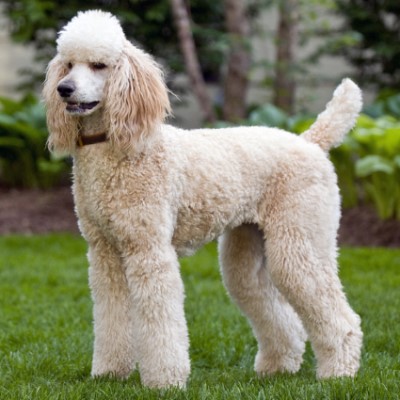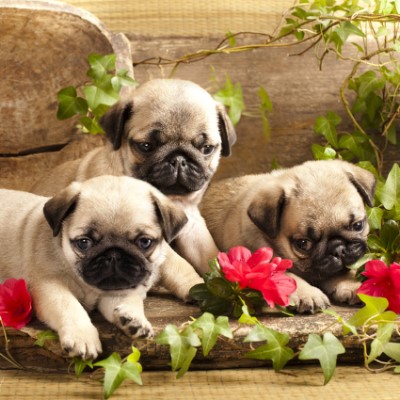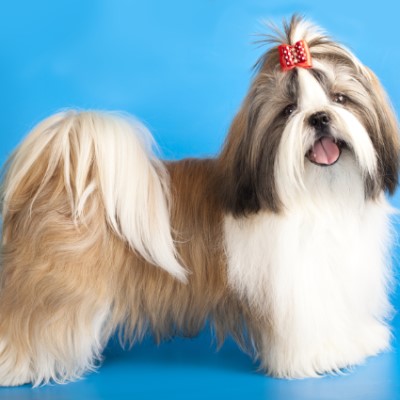Common Reasons for Surrender
Miniature Pinschers are often surrendered to rescues and shelters because they are usually difficult to housetrain. However, house-training is possible because Miniature Pinschers learn quickly and success inevitably falls upon the shoulders of the trainer who must be consistent and patient. Miniature Pinschers are also surrendered for reasons that have little to do with the breed, including the arrival of a new baby or a couple getting divorced. Some Miniature Pinschers do not do well with children, which can also result in their surrender.
Pros
A very affectionate breed, Miniature Pinschers love to entertain their humans with their funny antics. They also just want to be with their families, whether it’s sitting next to them on the couch and watching television or sleeping in bed with them. Miniature Pinschers are courageous souls and are quite self-confident—they aren’t afraid of anything or anyone.
Cons
The Miniature Pinscher is one of the most hyper dog breeds and always wants to be on the go, which could be a pro or a con, depending on your personality. They tend to catch on to things quickly and that includes bad habits. If you don’t want your “Min Pin” to sleep in bed with you, you will need to deter her the moment your little one first snuggles up in your bed. Otherwise, you will not be able to keep her off the bed. You’ll also have to be consistent with house-training as Min Pins are typically barkers and must be taught when it is appropriate to bark and when it is not appropriate to bark.
Miniature Pinschers are not known as biters. However, when they do bite, they can cause significant damage.
Diet
Keep your Min Pin lean and healthy by feeding him a high quality kibble, and always feed him half of the recommended serving. Some Min Pins live happily on a quarter of a cup of kibble twice a day. You may want to supplement your Min Pin’s main meals with treats, but do so sparingly. Many Miniature Pinschers enjoy carrots or green beans, the latter of which is recommended for weight loss. A tiny piece of whole wheat bread also makes a good treat. Most Min Pins aren’t picky and will eat whatever they are given.
Exercise
Min Pins need moderate exercise, much of which they can get on their own by running around the house. Ideally, your Miniature Pinscher should be walked several times a day. Some Min Pins will happily walk for two hours before being tired out. Remember, Min Pins are a hyper breed that always want to be on the go.
Possible Health Issues
Diabetes is a common health problem with Min Pins, but one that may be avoided if you feed your dog a healthy diet and avoid allowing him to become overweight. A diabetic dog is diabetic for life. Diabetes can result in blindness and will require your Min Pin to take insulin for the entirety of his life, which can become quite expensive. To avoid such issues, don’t overfeed. Some Min Pins also suffer from leg problems.
Housing
Because of their small size, Miniature Pinschers can do well in high-rise city living or in a home with a backyard. If you live in an apartment or a condo, you’ll have to train your Min Pin on when it is appropriate to bark.
Grooming
You will have very little grooming with your Min Pin. You may want to brush him occasionally—some Min Pin owners don’t brush their dogs at all—and give him a bath either once a week or once a month, as needed.
Training
You may not run into problems training your Min Pin if you are consistent. An extremely smart breed, Miniature Pinschers pick up on concepts quickly and can even be house-trained in a weekend. Tie a leash to your belt one weekend. Every time your dog needs to relieve himself, take him outside immediately. After he’s relieved himself, immediately give him a treat and shower praise on him. Do that consistently, and your Min Pin will respond quickly. Success depends on the owner and the time and energy he is willing to invest in training the dog after he brings her home.
Entertainment
Don’t expect your Min Pin to go rolling around in puddles to entertain himself. He’s not the type to want to get dirty just for fun. However, Miniature Pinschers generally like the water and enjoy swimming. Some even wear life vests and go sailing with their families and swimming in the water. Most Min Pins will be content to lie in the backyard for a snooze in the sun, run around the house, and go for a walk every day with their human family.
We want to thank Internet Miniature Pinscher Service, Inc. for help with this profile.
